Samsung Galaxy S9+ vs Samsung Galaxy Note 8: first look

There was a lot riding on the back of the Samsung Galaxy Note 8 when it launched back in the fall, but despite its cautionary approach, it ended up redeeming Sammy after the debacle with the Note 7 the prior year before. All eyes have been on Mobile World Congress 2018, as hype has been building up towards the announcement of its flagship phones. Not surprisingly, they announced two smartphones, the Galaxy S9 and S9+ – with the latter simply being the larger, beefier of the two. Naturally, it's going to draw comparisons to the Note 8, seeing that they sport similar figures, but does the newer S9+ have any meaningful advantage?
Design
From a distance, it's hard to distinguish the two from one another. Samsung's design language is profound on these two behemoths, as they sport several of the same design qualities – like their glass meets metal design, IP68 water resistance construction, dual-curved edges, and headphone jacks. Upon closer, inspection, however, the Note 8 is slightly taller and wider than its latest sibling, but the two are still a bit of handful to operate with a single hand. Other minor differences include how the Note appears a bit more squarish around the corners, while the S9+ offers an ever slightly more rounded finish.
Display
When it comes down to screen real-estates, these two don't disappoint because they're rocking some of the largest, most spacious around in today's landscape. Frankly, there's barely any significant differences from a cursory look between the S9+'s 6.2-inch 1440 x 2960 Super AMOLED display and the Note 8's ever so slightly larger 6.3-inch 1440 x 2960 Super AMOLED display. They're exceptionally detailed, offer stunning clarity, wide viewing angles, and produce those rich colors that manage to garner attention.
While Sammy states that darker colors produced by the S9+'s display are deeper in tone and more dynamic, we actually find the Note 8's support for the S Pen to be more important. Productivity centric users will undoubtedly appreciate its versatility, like how it can act as a mouse cursor of sorts, jotting down quick notes with its screen off memo, to being able to determine varying degrees of pressure sensitivity, you could argue that there's more tech involved with the Note 8's display.
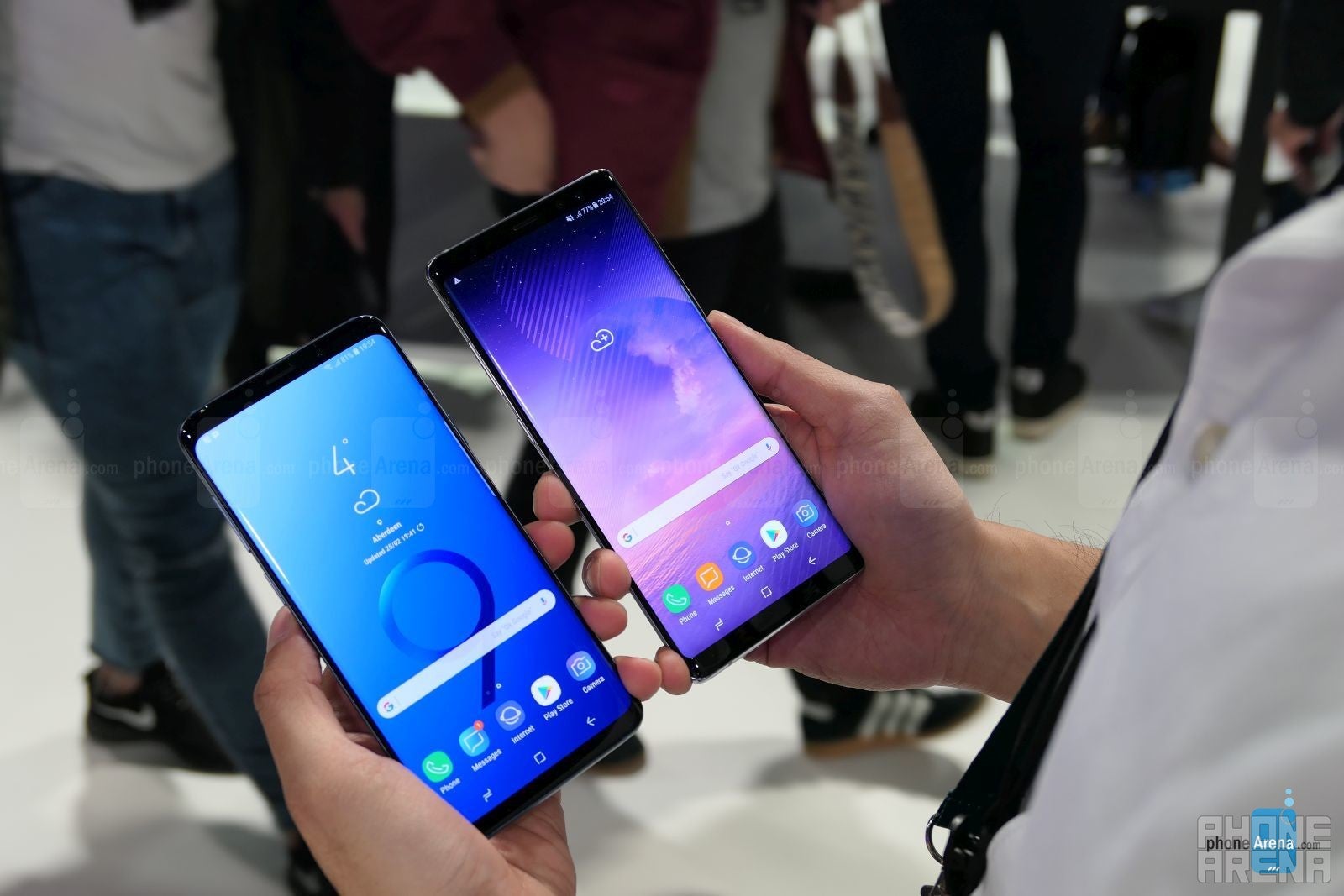
User Interface
Being the newer of the two phones, the S9+ is running the latest Samsung Experience on top of Android 8.0 Oreo. On top of that, it benefits from having additional software features that are not found just yet with the Note 8 – such as Samsung's new AR Emoji feature that allows for some novel facial recognition using a 3D avatar of yourself, as well as enhanced Samsung DeX and Bixby vision experiences.
However, the fundamental principles of the Samsung Experience are evident on the two phones, as they exhibit the same clean and minimalist interfaces, access to Samsung Pay, and much more. To the Note 8's credit, though, it's still the ideal device for productivity users because of the distinguishing features that come along with the S Pen. Both are no doubt fabulous for multimedia consumption, but those looking to do a little more work on-the-go will probably want to go with the Note.
Gaming shouldn't pose any issues with either smartphones, but because the S9+ is newer, it leverages the latest and greatest chipset from Qualcomm – the Snapdragon 845 SoC. In comparison, the Note 8 is powered by last year's Snapdragon 835 SoC, which is still quite formidable on its own still. For most applications, the two exhibit the same level of responsiveness, but the Snapdragon 845's optimizations will really allow the S9+ to do a little bit more.
Camera
Samsung finally jumped on the dual camera trend last fall with the Note 8, so it's only appropriate that the S9+ follows suit with its own pair. Donning dual 12MP cameras, Samsung's implementation offers the convenience of having a zoom and producing those oh-so delicious looking portrait shots. The Note 8 has proven to be a strong performer in this area, but the S9+ is getting a slight advantage from its brand new varying aperture, which can be either f/1.5 or f/2.4. This new feature results in what Samsung claims to capture 28% more light than the S8, and with 30% less noise. So, the result would be improved low-light performance. It's tough to gauge the difference checking out the samples we snapped from the two phones, but we're eager to fully test them out and compare the results!
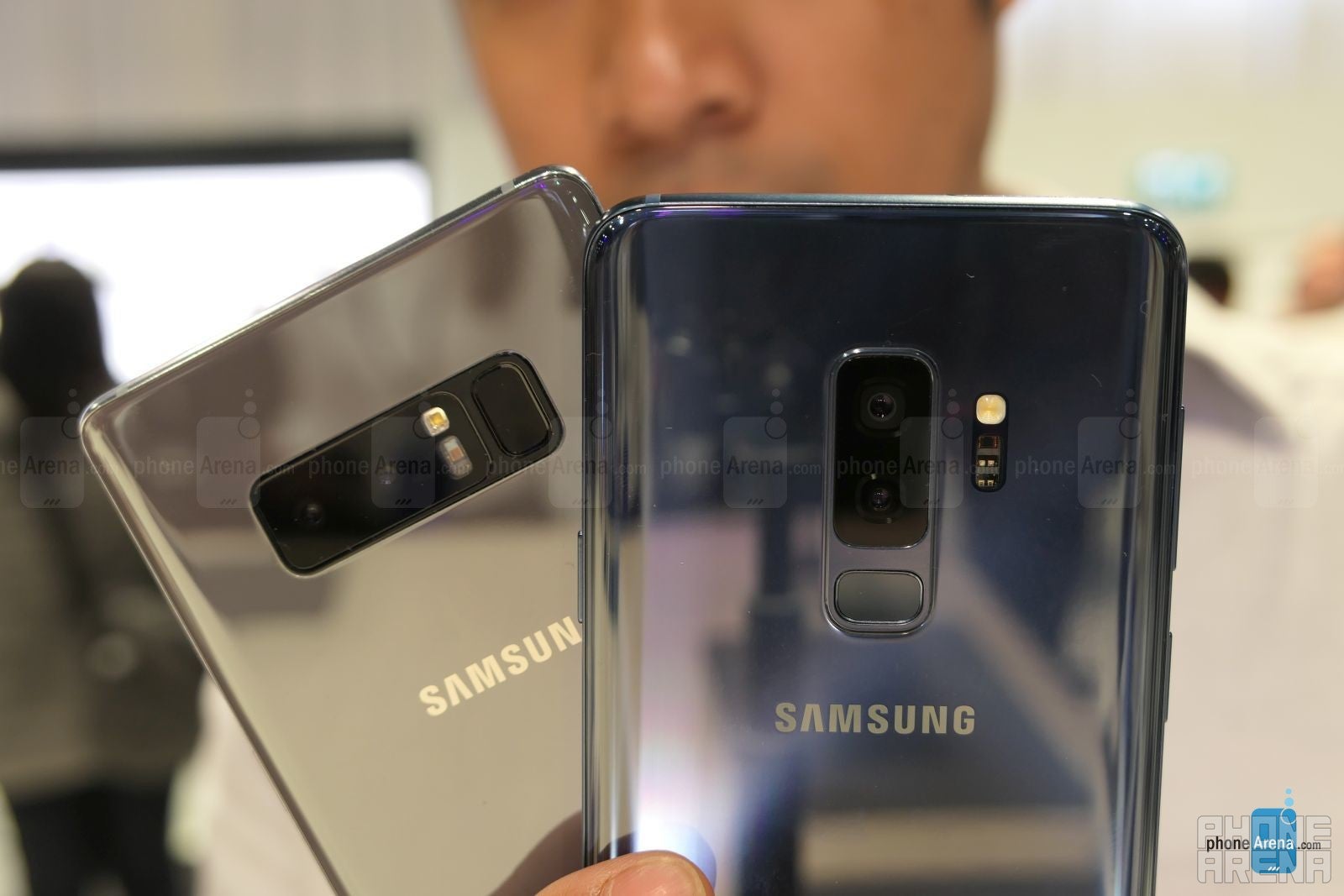
Battery
Looking at the two handsets side-by-side to one another, most people wouldn't expect a drastic difference in battery capacities. Surprisingly, though, the S9+, despite its slightly smaller overall footprint, it blessed with the larger one – a 3,500 mAh cell, versus the Note's 3,300 mAh one. The extra capacity should do nicely to provide a bit more extension for the S9+, but we won't know for sure until we run them through our usual battery tests. Still, it's nice they offer their respective fast-charging technologies, as well as wireless charging.
Expectations
Although it wasn't the most expensive handset launched last year, the Note 8 still managed to carry quite a heft cost of ownership. Inching very close to that $1,000 mark, we're curious to know how Samsung will price the S9+. The inclination would be for it to be just as much, or possibly more, due to the fact that the S9+ is newer. If that's going to be the case, it'll ultimately come down to whether the Note 8's productivity-centric features are going to be more useful. Sure, the S9+ is graced with newer hardware and features, but it doesn't have the extended functionality that the S Pen brings along with the Note 8.



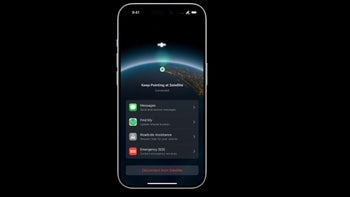
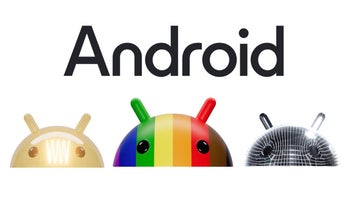



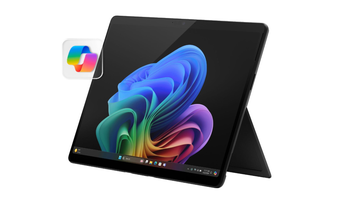
Things that are NOT allowed: